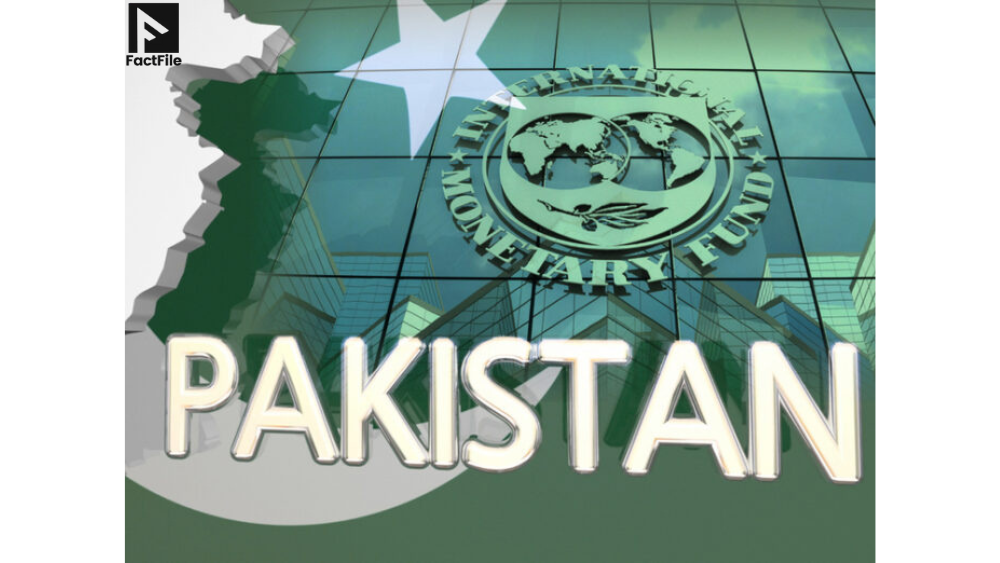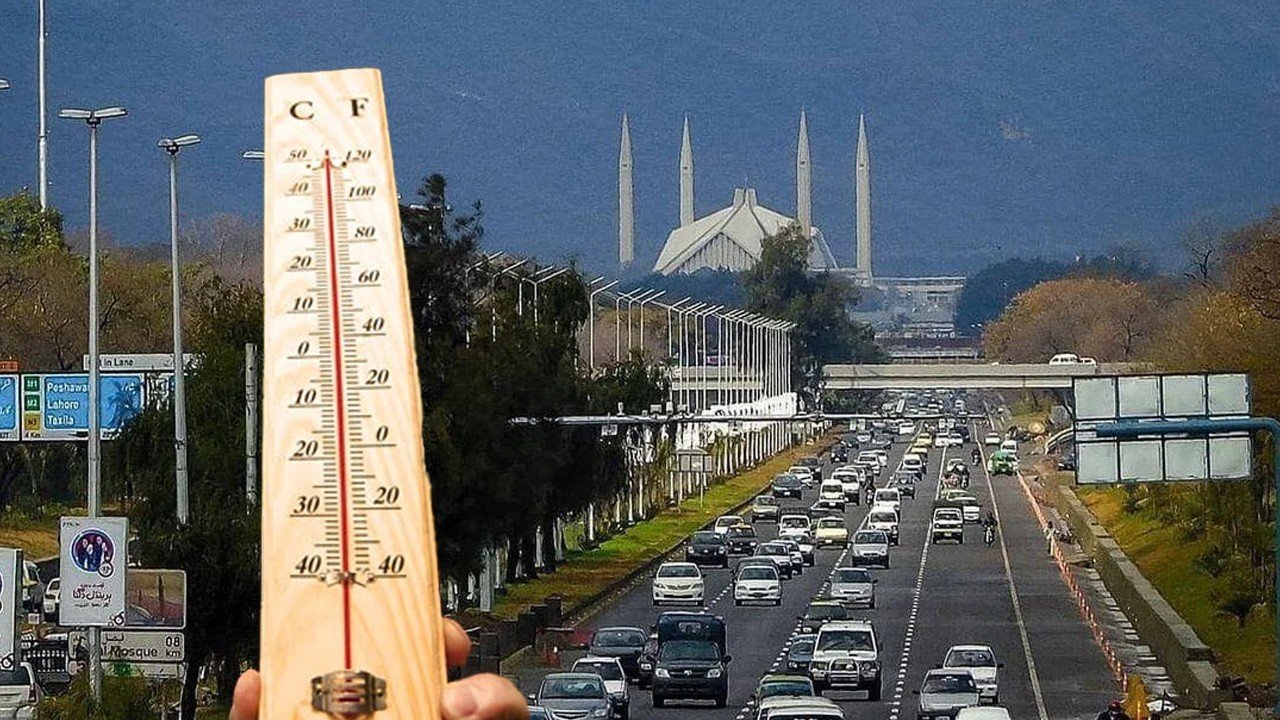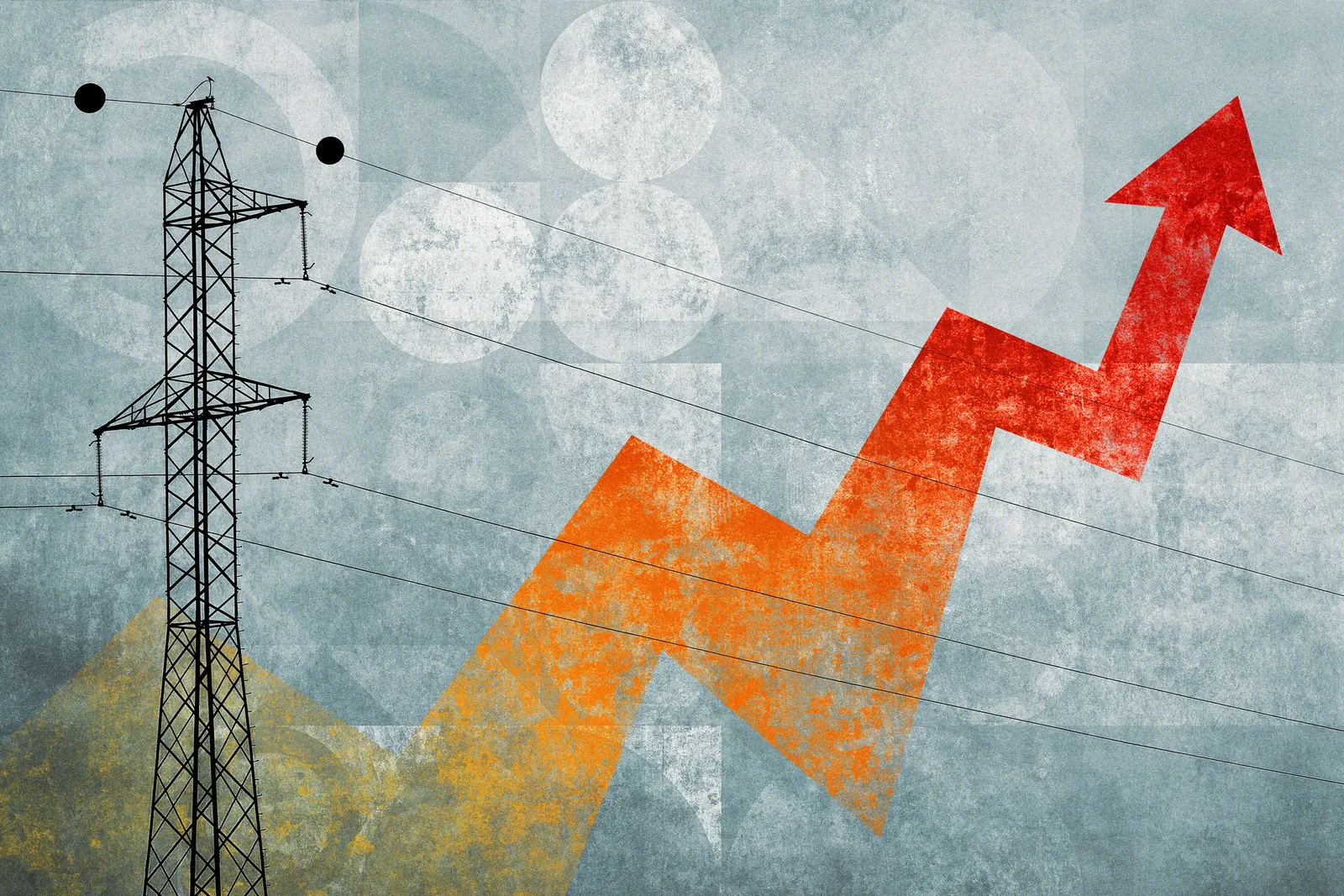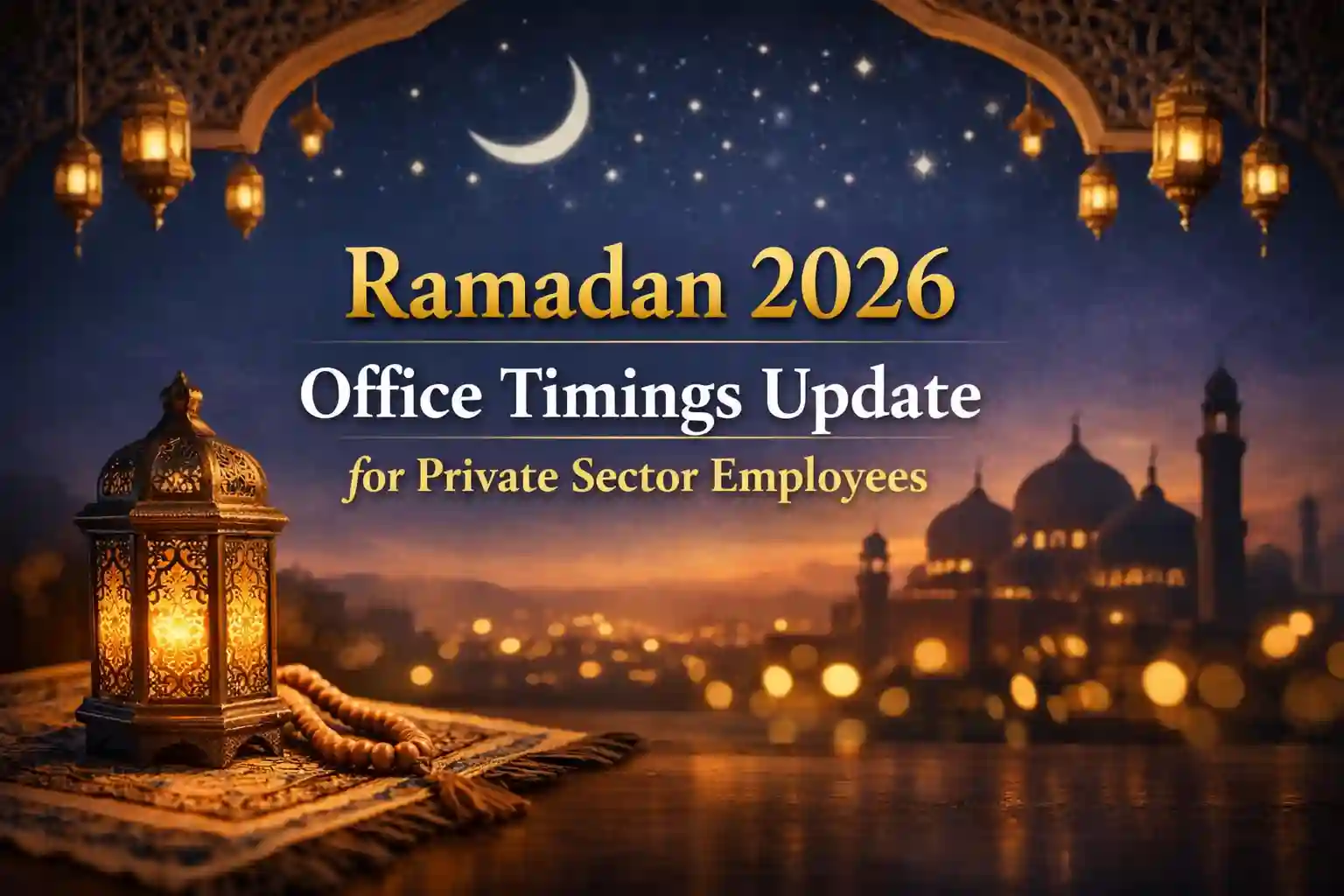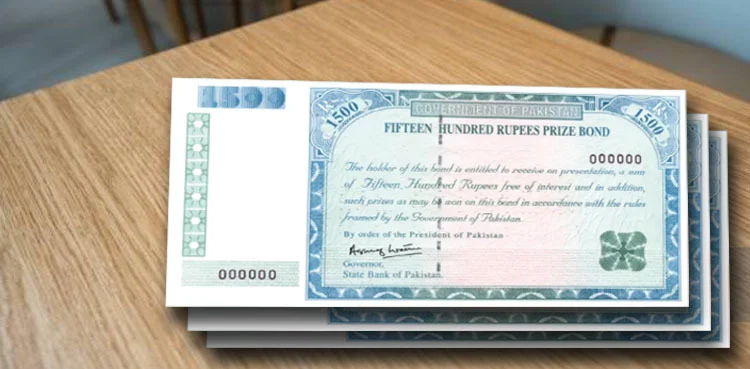Islamabad – July 18, 2025: The International Monetary Fund (IMF) has rejected Pakistan’s plan to introduce a 1 percent water storage cess on taxable goods. Instead, it urged the government to raise the General Sales Tax (GST) rate from 18 percent if it needs additional development funding.
The government proposed the cess to finance three major dam projects: Diamer-Bhasha, Mohmand, and a newly planned Chenab dam. However, the IMF raised serious concerns about legal compliance, governance, and fiscal transparency. It especially objected to the idea of handing revenue control to WAPDA.
According to a report by The Express Tribune, the IMF insisted that new development spending must come from existing funds or through broader taxation. It recommended reallocating part of the Rs. 1 trillion Public Sector Development Program (PSDP) or increasing the GST.
Moreover, revised estimates show a significant jump in project costs. The Diamer-Bhasha Dam now requires over Rs. 1.1 trillion, up from Rs. 479 billion. Even if the original estimate were used, the government still needs Rs. 365 billion. Yet, this year’s allocation is only Rs. 25 billion.
Similarly, the Mohmand Dam faces a shortfall. Originally budgeted at Rs. 310 billion, it now needs at least Rs. 173 billion more. However, the budget allocates just Rs. 35.7 billion.
The proposed Chenab Dam adds another Rs. 220 billion to the financial load. Altogether, the three dams require around Rs. 1.35 trillion in additional funding.
Instead of creating new taxes, officials are considering another option. The government may amend the Gas Infrastructure Development Cess (GIDC) Act to tap into over Rs. 400 billion in unutilized collections. This money could help fund the dams without adding to the tax burden.
The IMF emphasized the importance of central revenue oversight and discouraged fragmented tax collection. Furthermore, it advised Pakistan to prioritize efficient use of existing resources before exploring new levies.
This advice arrives at a sensitive time. Pakistan is in talks with the IMF to secure a $1.2 billion loan tranche. Experts believe the Fund might make tax reforms a condition for releasing the funds.
Although the government wants to push forward with energy and water projects, it must also address fiscal constraints. It now faces a tough choice: increase taxes, cut other development spending, or find legal ways to reroute unused funds.
Ultimately, how Pakistan responds to the IMF’s advice could shape the future of its infrastructure ambitions—and its economic recovery.

